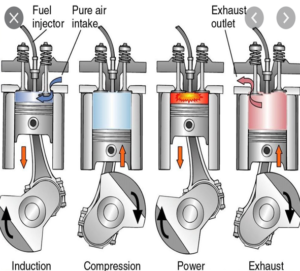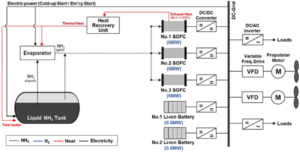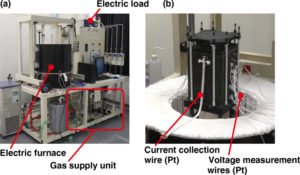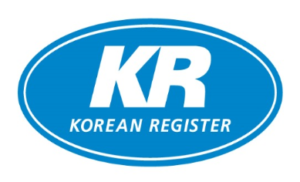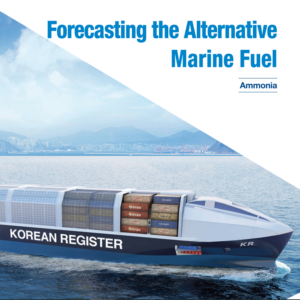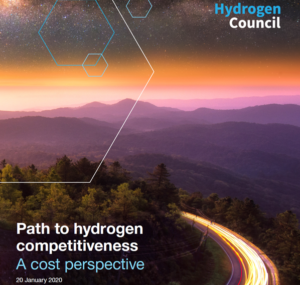Industry consortium announces feasibility study for co-firing ammonia in thermal power plants
In March 2020, IHI Corporation, JERA Co., and Marubeni Corporation announced a feasibility study "to evaluate possible applications for the co-firing of ammonia in thermal power plants." The Japanese companies have contracted with NEDO to deliver detailed technical and economic analysis on the use of ammonia as a direct fuel for power generation. In addition, with support from Woodside Energy in Australia, they "will examine the construction and operation of world-scale ammonia facilities and the optimisation of supply chain costs" to support "large-scale export of hydrogen as ammonia."




